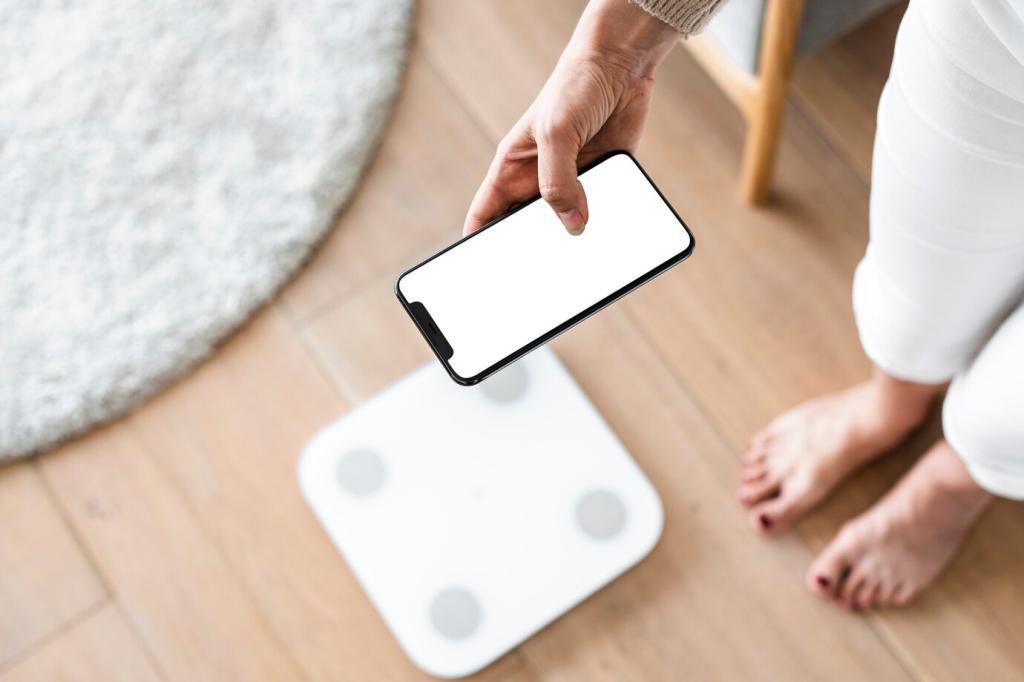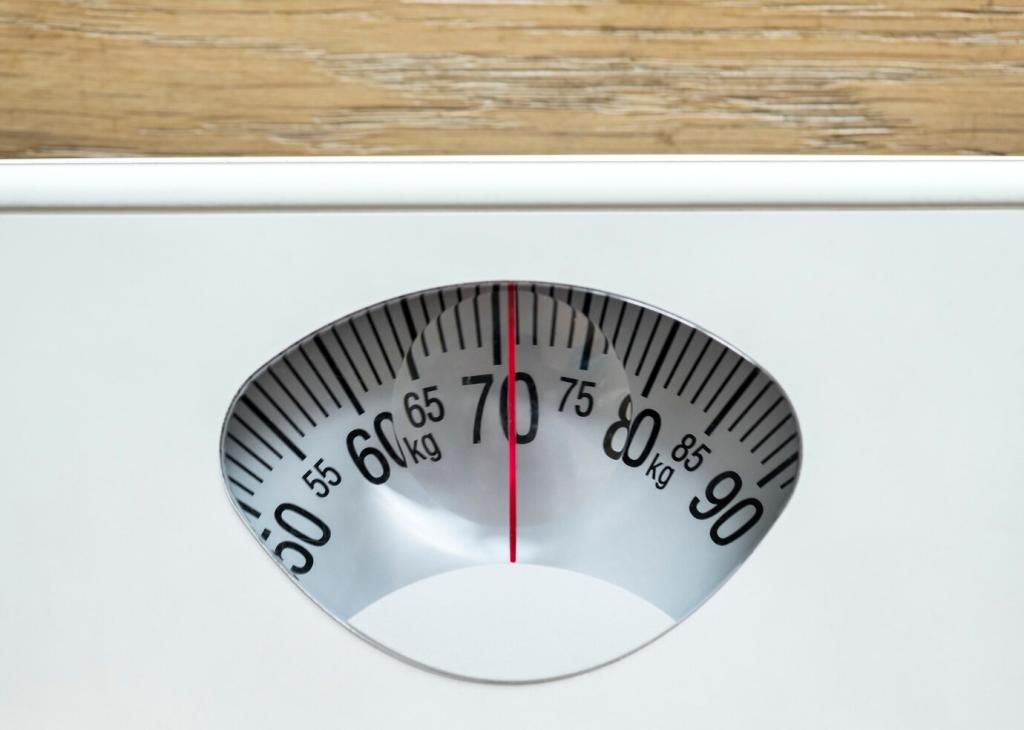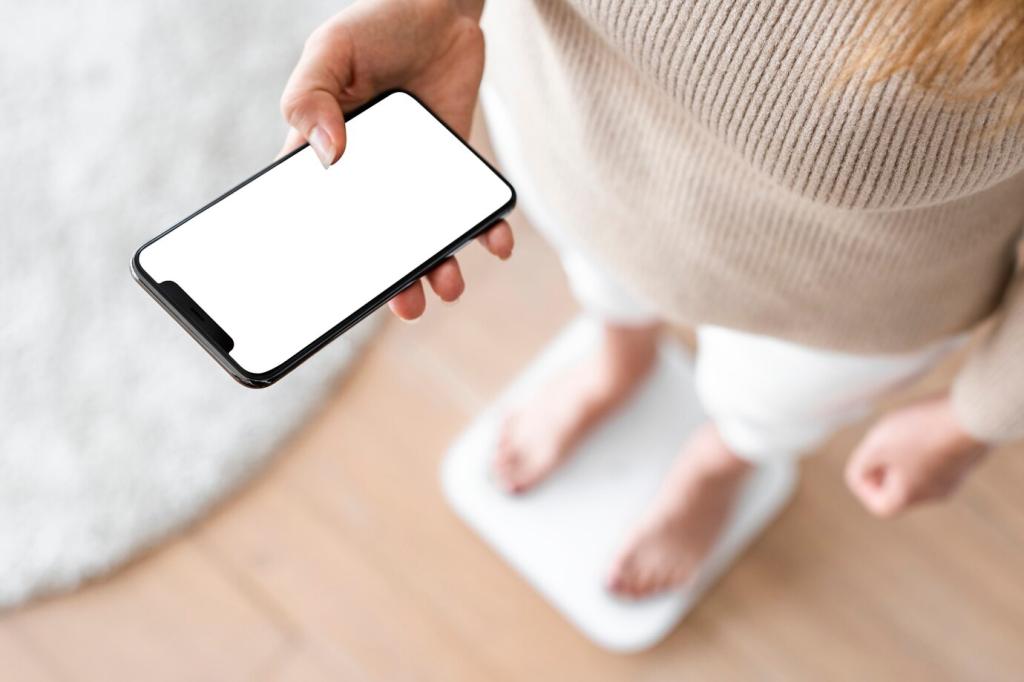Strategies for Digital Detox: Reclaim Your Focus and Calm
Chosen theme: Strategies for Digital Detox. Step into a friendlier relationship with your devices, rebuild attention, and create room for deeper rest, clarity, and joy. Throughout this guide, you’ll find practical steps, small victories, and real-life stories. Share your progress in the comments and subscribe for weekly, actionable detox prompts.


A quick audit you can do today
Open Screen Time or Digital Wellbeing and capture last week’s totals, top apps, pickup counts, and late-night spikes. Keep a 72-hour note on moments you reach for your phone and how you feel afterward. You’ll see patterns—boredom, stress, or habit—that your detox will target deliberately.

Craft a compelling “why” statement
Write one sentence that feels human and urgent, not generic: “I want evenings to feel quiet so I can read and sleep.” Tape it near your charger. A reader, Maya, reread her sentence nightly and said it stopped countless empty scrolls before they started.

Define realistic constraints, not punishments
Choose supportive guardrails you can live with next week, not forever bans: no phone in the bedroom, two social check-ins daily, and a 30-minute morning buffer. Commit for seven days, then reassess. Progress comes from sustainable constraints that protect your attention without provoking rebellion.

Tame Notifications and Attention Traps
Turn off sounds and badges for all but a tiny VIP list: family, calendar alerts, and two-factor codes. Use Do Not Disturb with allowed contacts. One subscriber said this single change cut their pickups in half, because nothing kept tapping their attention every few minutes.
Build Screen-Free Daily Rituals
01
Phone-free mornings with intention
Give yourself a 30-minute tech buffer after waking. Drink water, step outside for light, and write three lines about today’s priority. A reader set a tiny kitchen timer and promised to check messages only when it rang; within days, their mornings felt unhurried and surprisingly hopeful.
02
Mindful meals that taste like time
Place a basket at the table, phones inside, conversation outside. Notice flavors, textures, and pauses. Ask a curious question instead of reaching for headlines. Families report fewer arguments and more laughter simply because everyone is fully present for twenty minutes of shared, undistracted attention.
03
Evening landings for better sleep
Create a 60–90 minute wind-down: warm light, slow music, light stretching, paper book. Keep chargers outside the bedroom to avoid one last scroll. Sleep trackers routinely show improved total sleep time after just one week of consistent, screen-free evenings that quiet the brain before bed.
Use an analog alarm clock and charge devices in the hallway. Keep a small lamp, a book, and a notebook by the bed. One parent said moving the charger five steps away ended midnight doomscrolling, because the extra walk broke the half-asleep, autopilot pattern completely.
Design Spaces That Make Offline Easy
Mindsets and Skills for Single‑Tasking
The one‑tab promise
Pick a single task and keep only one relevant tab or document open. If another thought appears, capture it in a quick note and return. This tiny discipline trains your brain to finish, not just start. Over time, completion becomes genuinely satisfying, reducing the lure of quick digital hits.
Breathing and micro‑pauses that reset
Every hour, try a box-breath set: inhale four, hold four, exhale four, hold four. Look far away for eye relief. These resets lower stress chemistry, which otherwise chases novelty online. One team adopted this ritual and reported calmer afternoons with fewer jittery checks between tasks.
Welcoming boredom instead of fleeing it
Practice sitting with a dull minute: in a line, on a bus, between meetings. Name five things you see or hear. Boredom signals capacity to notice again. Training this muscle reduces compulsive scrolling because discomfort becomes manageable rather than something you must instantly cover with stimulation.

Social Contracts and Accountability
Agree on device baskets during meals, shared quiet hours, and weekend nature walks. Let kids help design the rules so they feel ownership. Celebrate small wins together, like a game night without phones. The shared commitment builds warmth, not resentment, around boundaries that protect connection.


Social Contracts and Accountability
Propose response windows, meeting-free blocks, and status messages like “Deep work, back at 2 PM.” Turn urgent channels into true emergencies only. When one department did this, they cut Slack usage by a third and finished a quarterly report early without burning evenings in scattered conversations.


Measure, Iterate, and Recover After Slips
Track minutes reclaimed, unread pages finished, or nights of seven-plus hours of sleep. Graph them weekly. When numbers rise, celebrate visibly. Positive reinforcement beats shame. A reader kept a jar of paper stars for each phone-free meal and loved watching it fill over a single month.
Measure, Iterate, and Recover After Slips
Every Sunday, journal briefly: What helped most? Where did urges spike? What single tweak will I try next? Adjust app limits, move a charger, or refine check-in windows. This loop ensures your detox strategies stay alive, personalized, and effective as your routines and pressures change.
